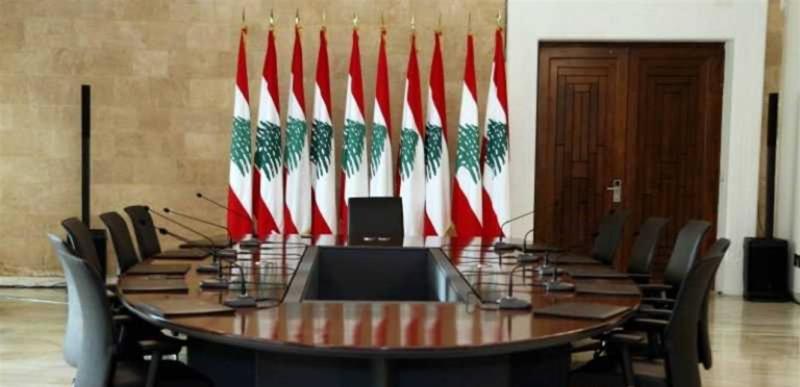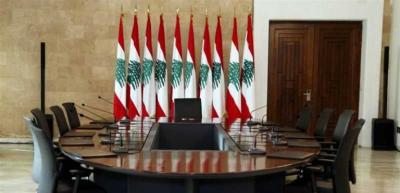As the Israeli enemy continues to launch threats against Lebanon, Hezbollah Secretary-General Hassan Nasrallah reaffirmed the most important equation in the battle, which is the interconnection between the southern front and the Gaza front. Nasrallah closed the door on all discussions and proposals promoted by the American side and other mediators regarding the possibility of separation and withdrawal to the third phase – whatever its form – as a cessation of fire in the south, insisting that the support front will remain open regardless of the nature of the aggression on Gaza.
The messages delivered by Nasrallah were not merely confirmations of positions and equations; they were also related to the changes taking place on the Gaza and Lebanon fronts, and what they encompass in terms of potential escalation in light of the options being threatened by the enemy. Therefore, the significance of the messages from Ashura stems from their context and timing, coming after an assessment of the current reality and future developments and what needs to be done to confront the challenges and potential risks, some of which are likely, according to "Al-Akhbar".
Nasrallah's assertion of not allowing the marginalization of the resistance in Gaza and its people comes at a crucial juncture in the evolving battlefield and political landscape towards an agreement that leads to a ceasefire in Gaza or an official announcement of a transition to the third phase. If the former is achieved, what is required might be secured. However, if Israeli aggression continues regardless of the titles included in the third phase, the Lebanon front will not stop, as confirmed by Nasrallah.
According to these two scenarios, the enemy sees that it must shift political and intimidation pressures, at least, towards Lebanon, as is clear from the statements of its leaders and the indicators from the evolution of events. In this context, Nasrallah's messages were directed against the enemy in case it decides to go further than mere intimidation. He clarified that the threat of war has not frightened us for the past ten months, we did not hesitate, retreat, or stop, and today we reaffirm on the tenth that our support front will continue as long as the aggression on Gaza persists, and we will never stop.
Meanwhile, warnings continued to come from New York, voiced by Foreign Minister Abdullah Bou Habib, who reminded of the catastrophic consequences that would arise in the event of any Israeli escalation against Lebanon or any Israeli invasion of Lebanon, warning of the expansion of the war to become a regional conflict. He emphasized the importance of reaching a ceasefire in both Gaza and southern Lebanon, praising the diplomatic efforts of the mediators, and reaffirming Lebanon's commitment to initiatives and solutions aimed at reducing tensions and enhancing regional security and peace.
Additionally, the Iranian Foreign Minister Ali Bagheri stated that any adventure by the Zionist enemy against Lebanon would receive a decisive response from the countries of the region and the world. The battlefield warnings of the resistance are linked to ongoing facts or the possibility of the enemy's ground incursion.
On the operational level, Nasrallah threatened the enemy, in the event of continuing attacks against civilians, that the resistance will strike colonies that have not previously been targeted. This decision is understood by the enemy's leadership, which will inevitably lead to an expansion of displacement among settlers. This challenge leaves the enemy with two options: either adhere to the rules or face counter-responses that also provoke additional responses from the resistance.
Nasrallah also addressed another battlefield scenario, which involves the possibility of a ground incursion by the enemy's army, a choice that is open to multiple possibilities in terms of political and military objectives. Therefore, Nasrallah announced that if your tanks come to Lebanon and to southern Lebanon, you will not suffer from a lack of tanks because none will remain for you.
In a different aspect, it was notable that Nasrallah denied the existence of an agreement to arrange the situation in the south, debunking all discussions of a framework agreement as promoted by U.S. envoy Amos Hochstein. Sources found this to be a refutation of all U.S. and Western leaks, especially those discussing completed agreements with President Nabih Berri. Nasrallah made it clear that there is no room for giving anyone any paper before the war ends, reminding that the only statement Hochstein heard from official officials is that there is no talk of agreements before the war in Gaza is over, despite Hochstein's attempts to inquire multiple times about what the party might accept or reject.
Nasrallah's statements are related, according to sources, to the developments occurring in the United States regarding the U.S. elections. Therefore, the resistance is aware that any current agreements may be undermined if the current administration changes, especially since Israeli Prime Minister Benjamin Netanyahu seeks to prolong the war until the time of elections. The most crucial point in this context, according to the sources, is to assert that the Lebanese state is the one authorized to negotiate, as was the case during maritime border negotiations. Nasrallah deliberately emphasized this to convey a message that negotiations are exclusively related to the front and do not extend to any other files. Thus, everyone should stop linking issues together, as the party is not interested in discussing any trade-offs or political settlements regarding the southern file, according to "Al-Akhbar."




